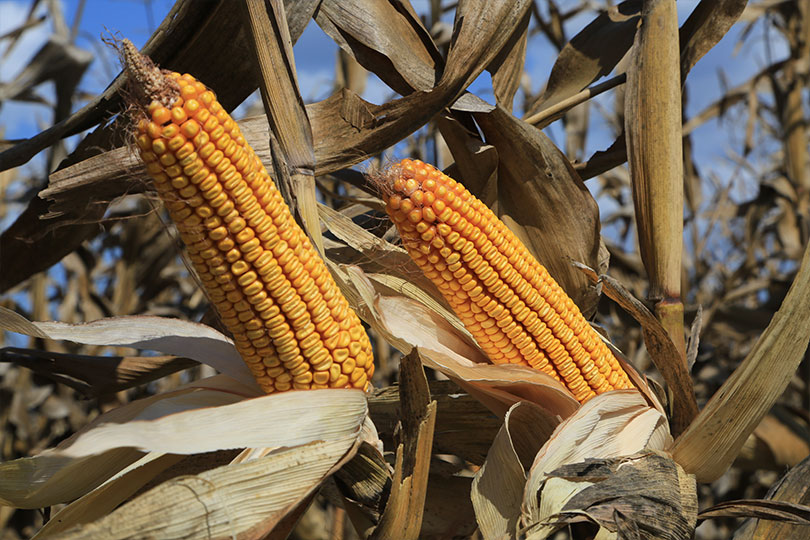Emmy Powell
Communications Specialist
Trade issues continue between the U.S. and Mexico due to the southern country’s plans to ban genetically modified corn imports and biotechnology traits.
The Mexican government issued a modified, new decree in mid-February to ban genetically modified white corn while temporarily allowing genetically modified corn for feed and industrial uses. Mexico will still move forward with it’s plan to ban imports of the herbicide glyphosate, the active ingredient in Roundup, with a transition period in effect until March 31, 2024.
The decree replaces the initial announcement published in 2020 by Mexican President Andres Manuel Lopez Obrador, which called for a ban on all genetically modified corn and to phase out glyphosate.
The U.S. has threatened to take action under the U.S.-Mexico-Canada Agreement (USMCA) and demanded that Mexico provide scientific justification for the ban.
The Office of the U.S. Trade Representative (USTR) demanded the Mexican government provide any risk assessments, international standards, guidelines or recommendations that would support its efforts to curtail imports of genetically modified corn from the U.S.
The demands are covered by Chapter 9 of the USMCA. Under the agreement, a country is allowed to request scientific reasoning when another country is “constraining, or has the potential to constrain,” trade and “the measure is not based on a relevant international standard, guideline or recommendation.”
USTR said the decree is not grounded in science and would negatively impact farmers and the economies in both the U.S. and Mexico.
“The U.S. believes in and adheres to a science-based, rules-based trading system and remains committed to preventing disruptions to bilateral agricultural trade and economic harm to U.S. and Mexican producers,” U.S. Secretary of Agriculture Tom Vilsack said in a statement.
The U.S. supplies the majority of Mexico’s corn.
According to data from the U.S. Department of Agriculture, the U.S. exported 15.4 million metric tons of corn to Mexico in 2022. Of that, about 1.6 million was white corn.
The ban is expected to lead to significant economic ramifications for both the U.S. and Mexican economies, resulting in billions of dollars in losses for U.S. farmers and higher food prices for consumers in Mexico.
There is a limited amount of non-genetically modified corn suppliers for Mexico. The U.S. and Argentina serve as Mexico’s main suppliers for GM corn. Shipments to Mexico make up nearly 30% of U.S. corn exports and is the largest export market for U.S. corn.
The USTR is reviewing the latest decree issued by Mexico.
If the U.S. decides to take action under USMCA, a technical consultation over the disagreement would take place first, followed by dispute consultations. If those do not resolve the issue, a third-party dispute panel can be requested to act as a judge in the matter.

